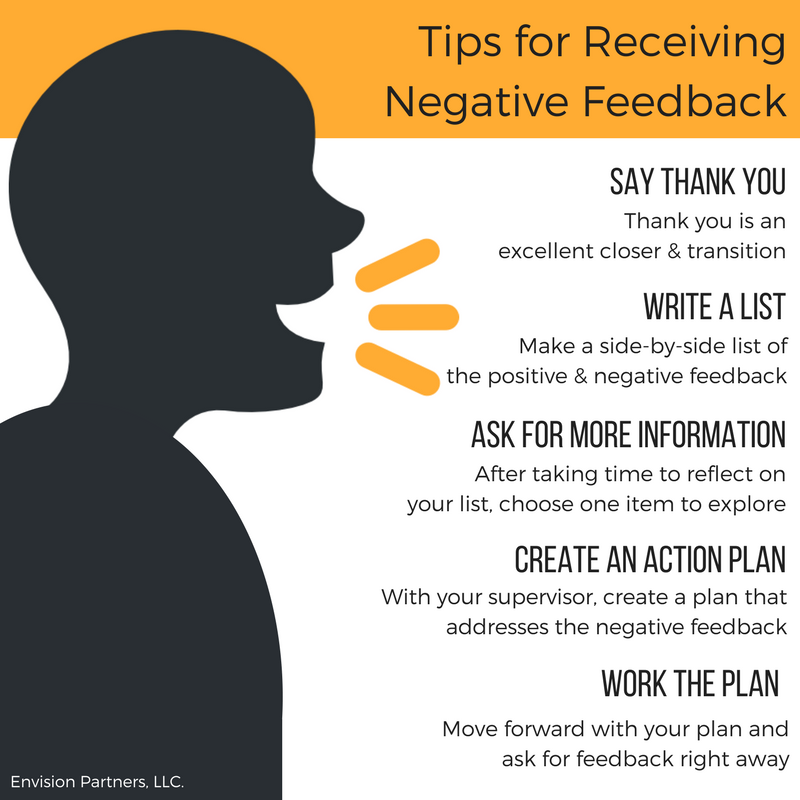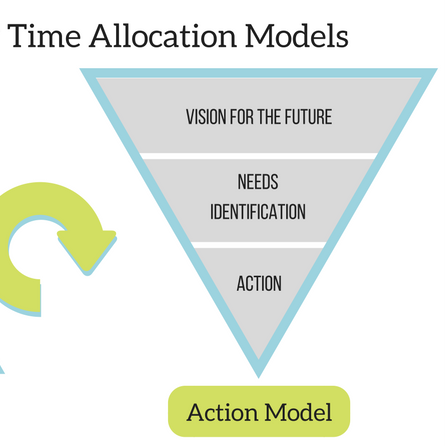More on Busy Work
Busy-work just never goes away. By busy-work, I mean that that stuff like cleaning an inbox, your desk, expense reports (arguably these have value), answering a slug of lower priority messages, editing a paper, looking up data for someone else. This is not a how-to-do list, but rather a how-to-be list.
Be observant. Watch other people. How do they get these things done? Their situation is similar to yours. Look at your colleagues as role models to learn how they operate—and not just at busy-work. Are you inspired by their ability to use 15 minutes between meetings to spruce up their desk? Do you notice they take one-half day out of the office each week? What are they doing with that time? Start watching what other people do. You will find you are not alone (this isn’t an excuse) and you will notice there are many ways to get the job done.
Be yourself. Do what works for you. While it is useful to learn from other people, read about time management, balance and setting priorities, it’s equally important to know yourself. Are you one of those types who uses every spare moment or would you rather use that time to walk around the building or catch up with a friend? Know your energy flow and if you should be doing more important things during high energy times of the day or if you should use this energy to get activated on important but boring tasks. Look at your own past to find times and examples of how you got these things done. Know who you are. If you try to create a routine or habit that isn’t authentic, it rarely lasts. Somewhere in this plethora of ideas you will find one that looks like it will work for you. Pick a strategy and stick to it.
Be less harsh on yourself. As you will learn (and probably already really know), everyone struggles to get the little things done—this is a battle eternal. Your strategy will have pros and cons. If you decide to follow up on non-essential messages on Friday, then you’ll miss Thursday happy-hour, but the upside is that you were able to focus on those things that were more important during the rest of the week. Be happy with the strategy you have chosen.
Be creative. Reframe the value of low-value activities. We often equate busy-work with low energy and boring. These activities are important, they just are not urgent. And urgent is usually associated with high energy and exciting. Try combining the busy-work with something fun or high energy. Gather a friend and do expense reports on Thursday afternoons—together. You can catch up and get the job done. Depending on the task, it’s also a way to be more efficient by sharing work. Use this time to reward yourself by going to the coffee shop-or stay home, or listen to your favorite music while you do it. These tasks are actually important (or else you wouldn’t be doing them, right?). Perhaps you can find motivation by understanding how this small step contributes to the much larger goals.
Often the barrier to getting the small tasks is not about having time or a procedure, the barrier to getting them done is us.











